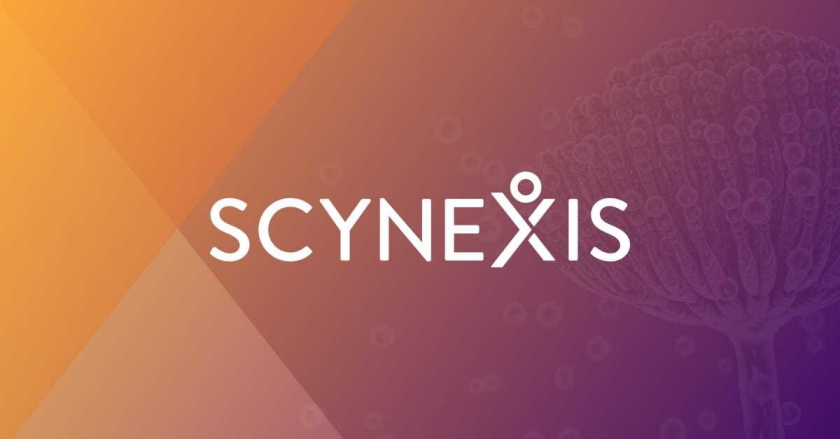Scynexis bids to end novel antifungal drought, filing ibrexafungerp in US

Scynexis has filed for FDA approval of its novel drug ibrexafungerp which – if approved – would be the first broad-spectrum antifungal to reach the US market for vaginal yeast infections in more than two decades.
The Jersey City, US-based biotech has submitted ibrexafungerp (SCY-078) on schedule as a treatment for the vulvovaginal candidiasis (VVC), a common yeast infection affecting one in three women during their lifetime.
The FDA has already granted Qualified Infectious Disease Product (QIDP) as well as fast-track status to the drug, setting up a possible approval in June 2021 and a launch next summer.
Currently there is only one approved drug for VVC – oral fluconazole – but a sizeable proportion of patients don’t respond well to the treatment. Resistance rates are rising and the drug is unable to be used in pregnant women as they are at a higher risk of VVC infections.
Ibrexafungerp is a member of the glucan synthase inhibitor class – which covers fluconazole as well as newer agents like caspofungin and micafungin that are administered intravenously – but has a new triterpenoid structure.
That makes it suitable for both IV and oral dosing, and also makes it fungicidal, in other words it kills fungi cells unlike some current drugs which only block fungal growth.
The filing in VVC is based on the results of two phase 3, placebo-controlled studies, VANISH-303 and VANISH-306, which had clinical cure rates of 50.5% and 63.3 and mycological cure rates of 49.5% and 58.5%, respectively.
That level of efficacy improves on results with oral fluconazole, according to analysts at Ladenburg Thalman, who think there is a potentially big market for ibrexafungerp, particularly among the approximately 650,000 women in the US who suffer recurrent VVC infections.
They think a lot of the drug’s use will come second-line behind fluconazole, but also point to market research by Scynexis that suggests 29% of physicians would use the drug as a first-line option, increasing to 59% for fourth-line treatment of recurrent VVC.
Assuming the drug is approved in the US next year and costs around $300 to $400, analysts believe sales could reach almost $240 million by 2025 then rise to $400 to $600 million.
Aside from targeting VVC, Scynexis is running two phase 3 trials of ibrexafungerp in refractory invasive fungal infections caused by Candida auris, called FURI and CARES, as well as the CANDLE study in recurrent VVC and SCYNERGIA, a mid-stage study of ibrexafungerp plus voriconazole in patients with invasive pulmonary aspergillosis.
“We believe that ibrexafungerp may be the modern antifungal therapy, that will have utility for a broad range of today’s fungal infection patients as fluconazole did almost 30 years ago,” said Scynexis’ chief executive Marco Taglietti.












